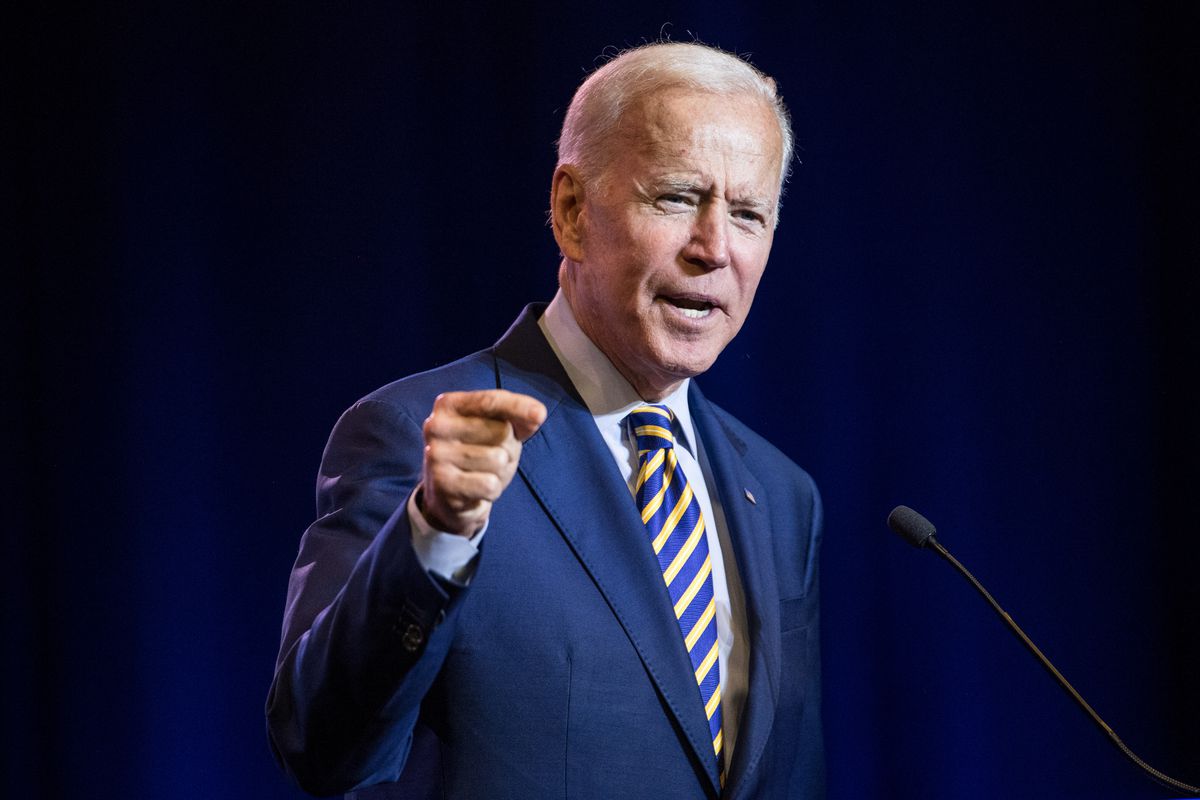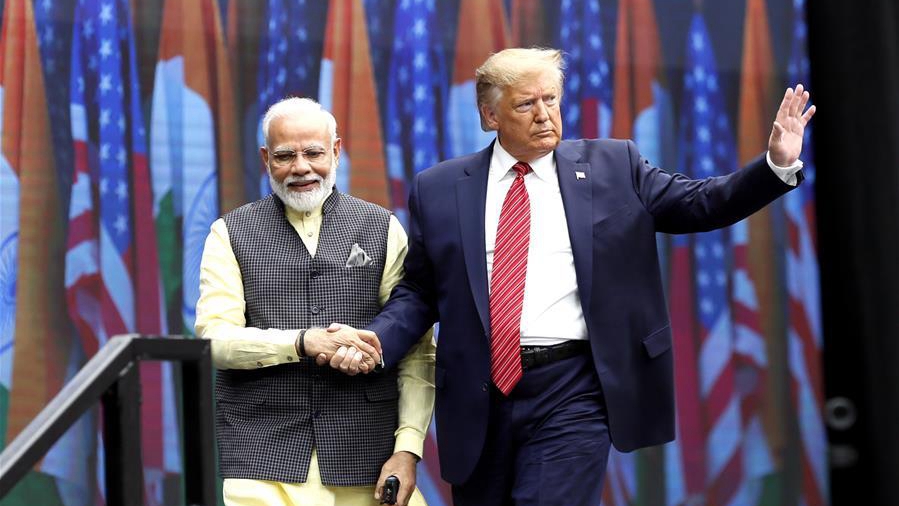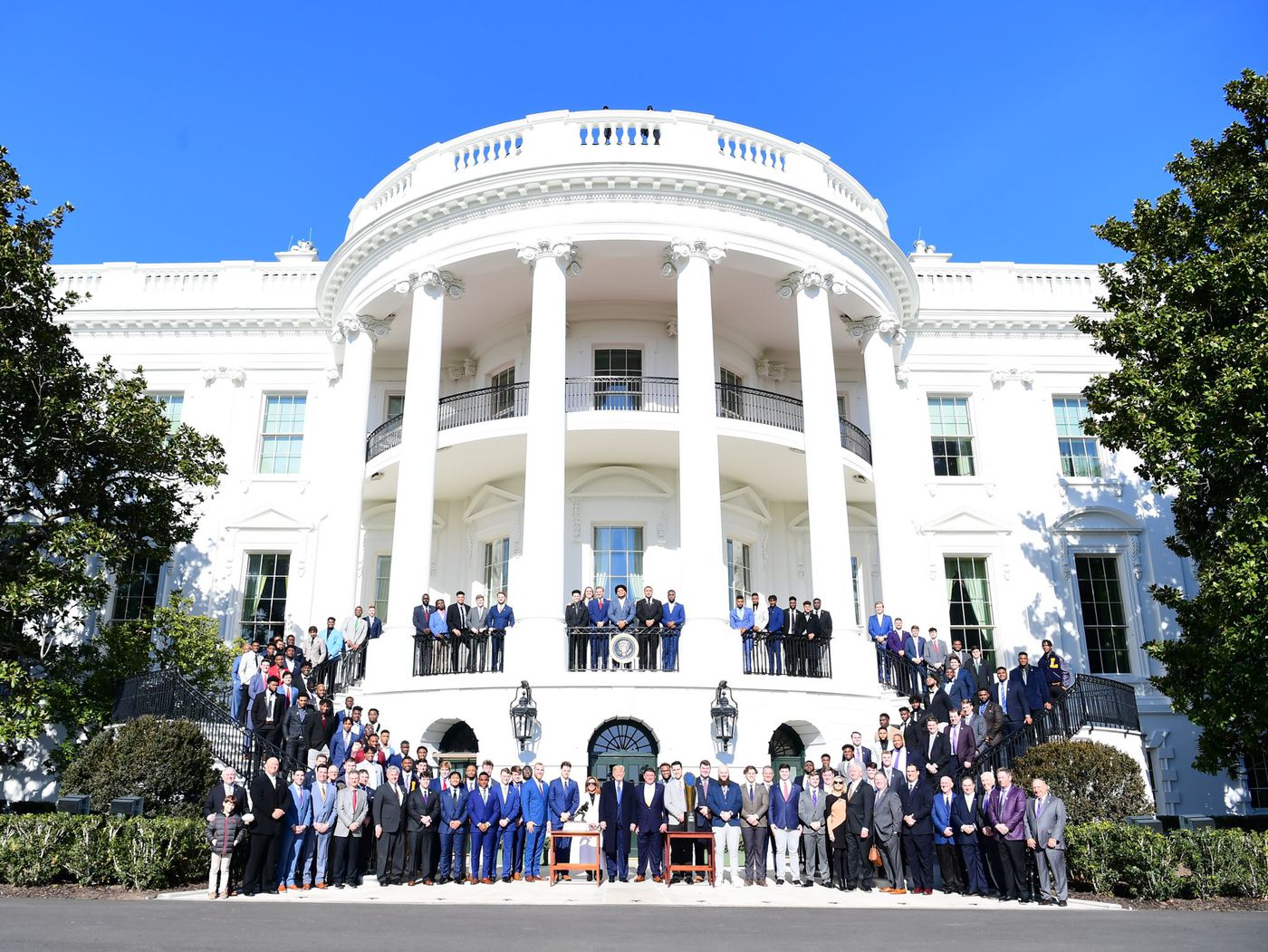Pakistan has been obsessed with the United States for the last seven decades. Washington, in reciprocity, hardly has a bilateral policy towards Islamabad. It is an antithesis of our myopic foreign policy that the United States had always viewed Pakistan through the ‘third’ lens. Be it: the erstwhile Cold War; Afghanistan, India or China! Pakistan couldn’t graduate itself from being a client state and had done everything within its means to appease and protect the interests of the lone superpower.
That should change for good now, at least, under the administration of President Joseph (Joe) Biden. He is articulate to the core and understands not only the volatile region of South Asia, but has always expressed a special liking for Pakistan. The versatile foreign affairs expert and a shrewd legislator that he is, Biden has off and on made it clear that Pakistan’s strategic concerns mean a lot to the United States and can’t be ignored at the premise of playing to the gallery. The Kerry-Lugar Bill is a case in point.
Biden has a rare opportunity to diversify Washington’s approach towards Islamabad from mere security conundrum to a broad-based people’s centric cause involving greater participation in nation-building that the South Asian young nation looks in awe towards the US.
A quote from our current history would suffice to make a point as to how the modus operandi had been in the past: Former Army Chief General Ashfaq Pervaiz Kiyani while having a chat with US Ambassador Ryan Crocker in 2007, reportedly said: “How long are you staying this time? Because you come and you go. If you think we are going to turn the Taliban and Haqqanis and others into mortal enemies of ours and watch you walk out the door, you are completely crazy. Are we hedging our bets? You bet we are.”

Not much has changed in a decade or so. As President Joe Biden formulates his new approach towards Pakistan, especially South Asia, it is a déjà vu of sorts that Kabul, Beijing and Delhi hover over the American minds as they talk to Islamabad! This is so because there has been no Pakistan-specific policy in Washington D.C for a long time.
Since 9/11, the US has ‘acted’ and ‘reacted’ with Pakistan with reference to developments in Afghanistan. And with the passage of time, China became a critical aspect too as Islamabad was the recipient of a $60 billion lifeline in the form of the Belt and Road Initiative (BRI). Lastly is the India factor, acting as a counterbalance in the region to uphold American interests in the South China Sea and the Pacific Rim.
So where is Pakistan in the scheme of things for the new incumbent in the White House? It is, thus, unlikely that President Biden’s administration will be any different from his predecessor, who believed that if Pakistan can help strike a successful exit deal with the Taliban, it will be a win-win situation.
Biden should be categorical while dealing with Pakistan. The reason is because Islamabad is a difficult nut to crack when it comes to its strategic interests in Afghanistan; and wouldn’t let the buck pass by without reaping dividends.
So a lot of arm-twisting and coercion would be evident in the weeks and months to come. Again, it reflects a lack of bilateral policy, with overwhelming stress remaining on how other tangible regional factors China, India and Afghanistan could influence the mosaic of developments vis-à-vis American interests.
This is the reason the new administration had hinted at ‘studying the deal’ struck between the US and Taliban after two years of protracted negotiations under the aegis of Pakistan. Perhaps, Biden and the State Department want to ensure that the deal with Taliban is not at the cost of annoying ‘a third party’, as Washington resultantly takes a leap towards Islamabad. This approach is biased in essence and signifies diplomatic parochialism.
But Pakistan should leave no stone unturned to keep the ‘Deal’ intact and let Afghanistan heave a sigh of relief with the exit of American forces. The Taliban have assured to cooperate by shunning foreign militants in their rank and file and at the same time interacting with the Americans for setting in a new political dispensation in Kabul. This is no mean achievement.
Pakistan should subtly remind President Biden of one of his quotes in which he reportedly told Afghan President Hamid Karzai that ‘Pakistan is 50 times more important than Afghanistan.’ The learned Democrat with more than five decades of diplomatic experience was right. Nothing in Afghanistan will work at the altar of Pakistan.
History is testimony to the factsheet that India, Central Asia, Russia and Iranian influence had only resulted in polarising the war-weary South West Asian country; and it is Islamabad that holds the key to a rational outcome in terms of long-lasting peace and security.
President Biden, a recipient of Hilal-e-Pakistan Pakistan’s second highest civil award, should take a holistic view of the situation and it’s high time he comes up with a perfect and balanced ‘Pakistan policy’. A traditionalist at heart, and one who believes in institutional supremacy, he can make that happen. This will help the US rationalise its approach towards Pakistan as it goes on to deal with India and China.
In a welcome development, the US State Department had categorically said that there is ‘no change’ in America’s Kashmir policy, and it considers ‘both Jammu and Kashmir’ as disputed territory between India and Pakistan. This has conveniently put to rest misgivings in the backdrop of Press reports that there has been a change of heart in the White House in the wake of political upheavals after August 5, 2019 wherein Delhi unilaterally and illegally enforced a discriminatory piece of legislation by ending the special status of the disputed territory.
Likewise, it is appreciated that Vice-President Kamala Harris an African-Indian by origin, has ‘officially’ spoken against India’s anti-Muslim policies and human rights excesses in Kashmir.
These rejoinders from the Biden administration can form a formal policy approach towards India and Pakistan; and unlike previous dispensations, weigh the crucial issues of peace and security on merit.
Washington under Biden has a unique opportunity to broker a ‘Deal of the Century’ by using its clout over India and Pakistan. While Biden is inclined for a special strategic orientation with Delhi in view of Chinese muscle-flexing in the region and beyond, he would be better advised to ‘settle’ the Kashmir dispute between India and Pakistan once and for all.

This will not only heal the bilateral gangrene but also breed enough confidence to passively address America’s Chinese concerns in a more apt manner. Pakistan’s diplomacy could then be counted on Washington’s side. Americans should realize that Islamabad is in the Chinese Camp, and it’s high time the US makes use of Pakistan’s clout with the emerging superpower.
Last but not the least, the United States should foment a bilateral relationship around economic security. This is indispensable if both the countries are serious in reorienting in terms of peoples’ centric. The erstwhile secluded war-mongering dimension has served no purpose. It has only bred mistrust.
Prime Minister’s Special Assistant on National Security, Dr Moeed Yusuf has rightly pointed out this aspect in all sincerity at a recent seminar in the federal capital. He raised a pertinent point by saying that Americans should start talking about a ‘transformed Pakistan’ and update their narrative accordingly. Thus, in other words, he meant a paradigm shift in ties, wherein the future hallmarks of interaction should be investment, environment, health and education.
It may be pointed out that the Democrats have a special flair to work with foreign governments in the realms of humanitarian and social causes; and what better a country than Pakistan can be with a bulging 100 million youth population.
Washington is one of the largest sources of foreign direct investment and export market, too, for Pakistan. This relationship should explore new vistas of cooperation in technology transfer, fund investment and scholarship profiles for the enterprising youth in health, sciences, and education sectors. This will strategically transform Pakistan into a modern welfare state, and let misgivings against the US put to rest. As the US believes in fighting extremism and intolerance in Pakistan, this is the way to go!




